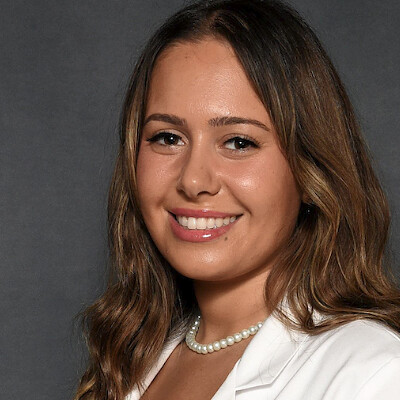Changes in Student Pharmacists’ Assumptions about Healthcare Professions Through Interprofessional Collaboration
Background: Interprofessional collaboration (IPC) in healthcare education is vital for preparing future professionals to work effectively in multidisciplinary teams, ultimately improving patient outcomes. In many healthcare teams, frequent changes and overlaps in the roles played by different health care professionals can create challenges related to recognizing and assigning roles effectively. Research has shown that interprofessional experiences have exposed students to values/ethics, roles/responsibilities, interpersonal communication, and teamwork. Limited exposure to other healthcare roles can lead to misconceptions about different professions.
Objective: Examine how interprofessional collaboration (IPC) changes or confirms student pharmacists’ assumptions about healthcare professionals.
Methods: “Assumptions Essays” written by second-year student pharmacists (P2) at USC Mann after participating in at least one IPC session with first-year medical and first-year Master of Science nursing students were analyzed retrospectively with IRB approval. Student IPC teams worked on patient cases, clarified roles and responsibilities, and engaged in team simulation exercises with standardized patients. A total of 171 essays were submitted by P2 students from the Classes of 2025 and 2026. Of these, 151 essays were included in the study. The essays were reviewed and analyzed following a norming process to ensure consistent evaluation and classification. The topics were classified into five categories: Roles and Responsibilities, Scope of Practice, Patient Interaction and Care Approach, Educational Background and Training, and Professional Values and Ethics.
Results: Out of 151 essays, 175 assumptions were identified. After participating in an IPC session, 94.3% of students stated that their assumptions changed after the session(s). The most common (50.6%) assumptions were related to the nursing profession, 32.1% to physicians, and 17.3% to the student pharmacists’ own profession. The predominant assumptions were related to roles and responsibilities (36.6%), then educational training and background (18.3%), professional values and ethics (17.7%), scope of practice (14.8%), and patient interaction and care approach (12.5%).
Conclusions: Misconceptions about roles and responsibilities in healthcare are prevalent among pharmacy students. Targeted education and exposure to interdisciplinary collaboration can significantly improve understanding, reduce misconceptions, and foster better clarity regarding professional roles in healthcare. These findings underline the importance of ongoing interprofessional training to bridge knowledge gaps and promote effective teamwork in patient care.



